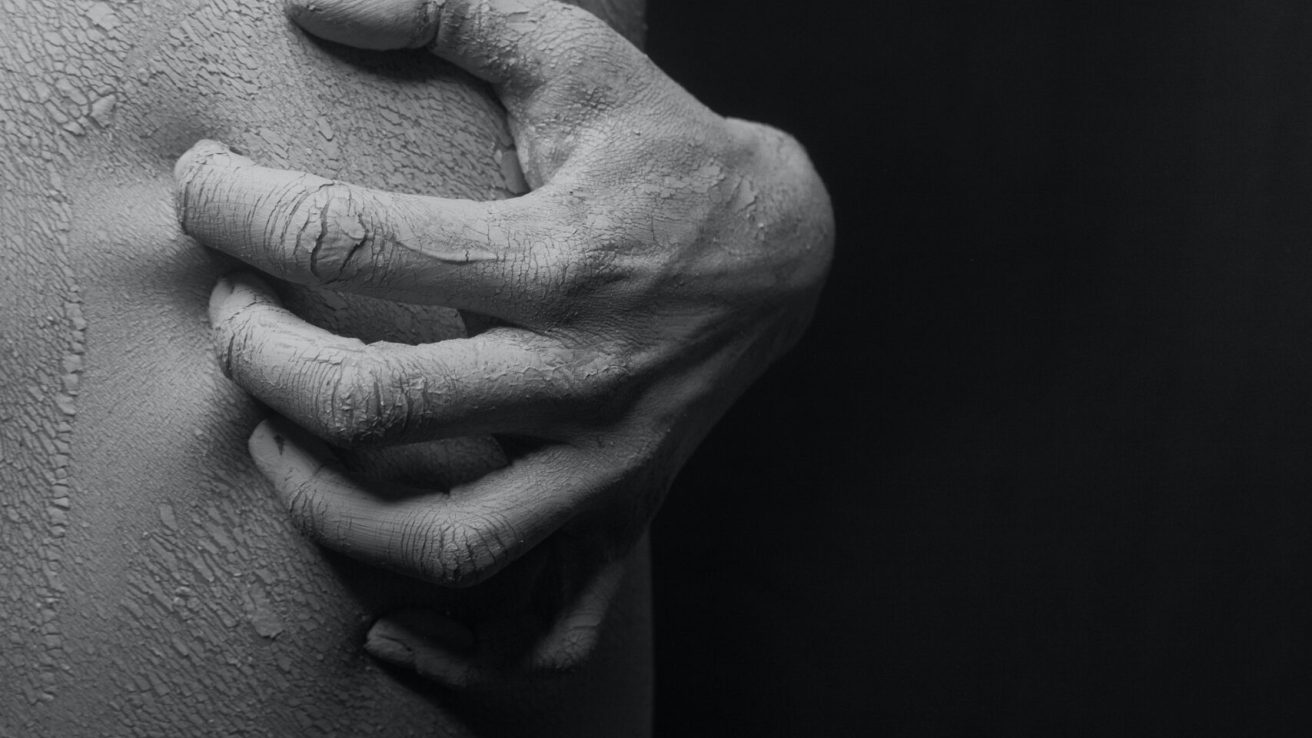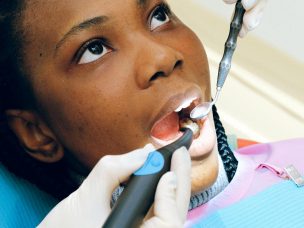Low-dose IL-2 treatment may provide a new option for patients with chronic spontaneous urticaria who do not respond to traditional therapies.
Chronic spontaneous urticaria (CSU) can significantly impact patients’ quality of life, and a substantial proportion remains unresponsive to traditional therapies. While second-generation H1-antihistamines are the first-line treatment, they may only be effective for some patients, even at higher doses, and second- and third-line treatments, such as omalizumab and cyclosporine, have limitations.
Low-Dose IL-2 Treatment Holds Promise for Treating Multiple Diseases
In recent years, low-dose IL-2 treatment has been shown to be efficacious for the treatment of autoimmune diseases such as systemic lupus erythematosus, alopecia areata, chronic graft-versus-host disease, type 1 diabetes, and pemphigus. IL-2 may provide a novel treatment option for patients with CSU who do not respond to traditional therapies.
According to a recently published study in Clinical Immunology, low-dose IL-2 treatment has demonstrated the ability to improve disease control and alleviate symptoms for patients diagnosed with CSU who have not responded to H1-antihistamines.
Low-Dose IL-2 Treatment Confirmed Effective for CSU
In this retrospective study, researchers examined 15 patients with CSU who were resistant to antihistamine treatment and instead received low-dose IL-2 treatment. The results showed that 11 out of 15 patients (73.3%) experienced complete resolution of their symptoms at week 12, and 7 out of 15 patients (46.7%) achieved complete symptom resolution as early as the first follow-up at week 2.
Low-Dose Il-2 Treatment Was Highly Effective for Severe CSU
The number of patients with “severe” and “moderate” CSU decreased from 6 (40%) and 5 (33.3%) at the beginning of the study to 0 and 3 (20%) at Week 12, respectively. Only 3 out of 15 patients (20%) did not respond to the treatment.
Low-dose IL-2 treatment successfully ameliorated symptoms and achieved disease control in patients with CSU, resulting in a complete response rate of 73.3% over a 12-week period.
Source:
Wang, J., He, L., Yi, W., Liang, Q., Jiang, L., Tan, Y., Zhang, G., Su, Y., Xiao, R., Lu, Q., & Long, H. (2023). Consecutive injections of low-dose interleukin-2 improve symptoms and disease control in patients with chronic spontaneous urticaria. Clin Immunol, 247, 109247. https://doi.org/10.1016/j.clim.2023.109247










